-
Russia beyond Russia: Histories and Cultures of Indigenous North Asia
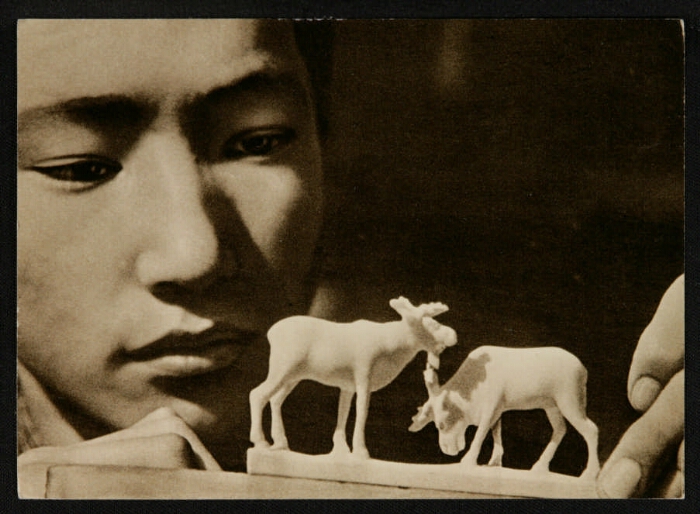
How do we approach Russia beyond Russian history and culture? In this course we will delve into the rich histories and cultures of the indigenous peoples of the Russian North. We will engage with a wide range of indigenous texts, ranging from picto- and ideographs and autobiographies, to socialist realist novels, and de- and post-colonial works that have survived the crucibles of Russian colonization and Soviet collectivization. In the process, we will learn about the the unique historical structures of Russo-Soviet colonization and the ways in which indigenous groups have sought and continue to seek to maintain their autonomy, cultures, and histories. In so doing, we will foreground their stories while at the same time placing their experiences into the context of the broader indigenous world.
In development. Offered in Asian Studies, cross-listed with RLAS. Upcoming Spring 2027.
-
The Muslim in Russian Literature
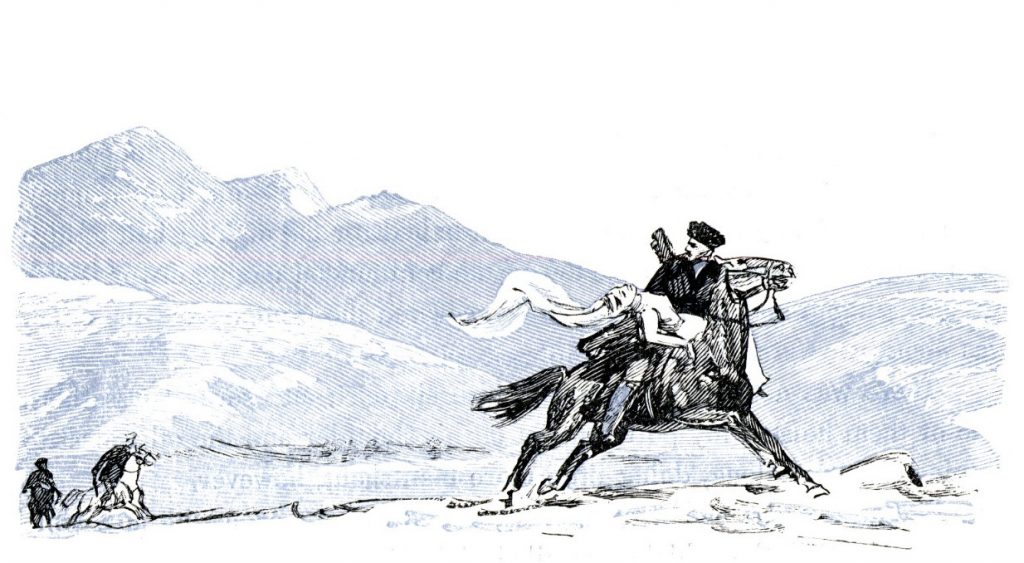
Empress Catherine II undertook her “Taurian Voyage” (1787) to visit Crimea and New Russia, two provinces that the Russian Empire had recently acquired from the Ottoman Turks in the settlement of the Russo-Turkish War (1768-74). Upon her arrival in Crimea, the Empress proclaimed it a “fairy tale from The Thousand and One Nights.” In referencing this famous collection of “Oriental” fairy tales, Catherine drew on a long-standing habit in Russia of depicting their Muslim neighbors, and subjects as exotic characters from stories and fables — as Orientalized Others — and more often than not, enemies. This course will examine texts spanning more than a thousand years of Russian and Eurasian history, to examine the figure of the “Muslim” in the Russian imaginary. In so doing, we will gain a sense for the ever-changing relations between Christian and Muslim communities in Eurasia through the lens of their interactions in literature.
Offered Spring 2026.
-
Queer Russian Literature
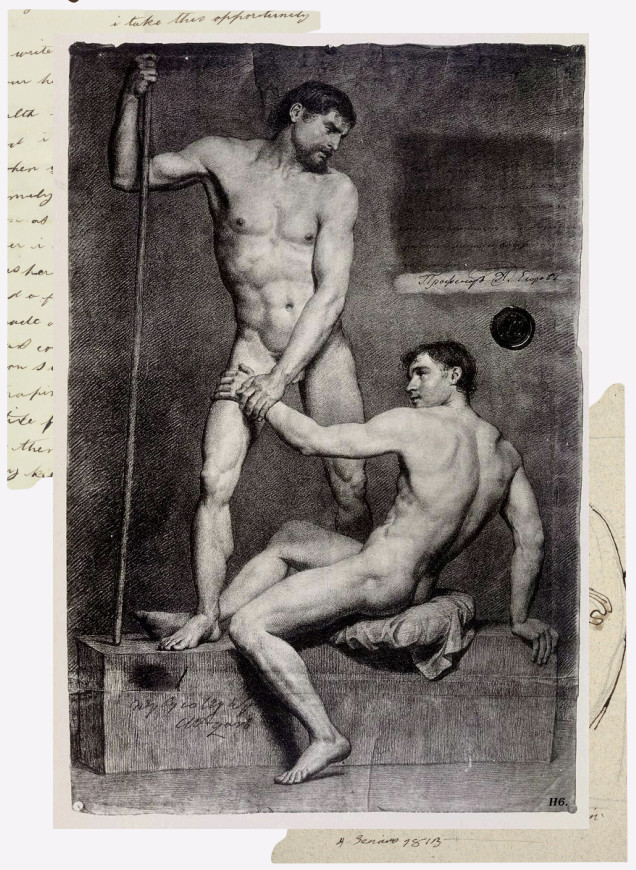
The fate of the queer community in the Russian Empire, in the USSR and in modern day Russia has been characterized by constant twists and turns between decriminalization and “re-criminalization” (1917, 1934, 1994) with the final blow being the 2013 “propaganda law” (expanded in 2022) forbidding the “promotion of nontraditional sexual relations to minors” – that is, restricting and potentially criminalizing any open discussion of queer topics. Homophobic Russian rhetoric emphasizes the supposedly recent and foreign nature of LGBTQ identity and ideas and embraces the popular view that homosexuality is essentially un-Russian. On the other hand, Western discourse often orientalizes Russia as ‘traditional’,‘premodern’ or ‘underdeveloped’ and positions it as the West’s ‘Other’ in its homophobia. This course, which considers queer Russian literature from modernist to contemporary authors, pushes back against both of these restrictive points of view.
Offered Fall 2025.
-
Mystics & Madmen: An Introduction to Russian Intellectual History
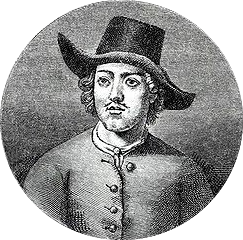
Peter I incognito.
Zaandam, 1697-8.In this course we will examine the rich intellectual history of the Russian Empire from its founding in 1721 to around 1850. In those years, few questions were more urgent to Russian thinkers than the place of Russia in the world. As the Russian Empire rose to prominence in the eighteenth century, the question only became more urgent — had Peter I’s Westernizing reforms put Russians on the right course or led them astray by alienating them from their cultural and spiritual heritage? We will explore this controversy through readings drawn from the debate between two opposing intellectual camps; the traditionalist Slavophiles and their reform-minded rivals, the Westernizers. In so doing, we will interrogate the dynamic relationship between religious thought and the state; art and power; and the individual and the nation in Imperial Russia.
Offered Spring 2025.
-
Riding and Writing: Overcoming Distance in Medieval Europe
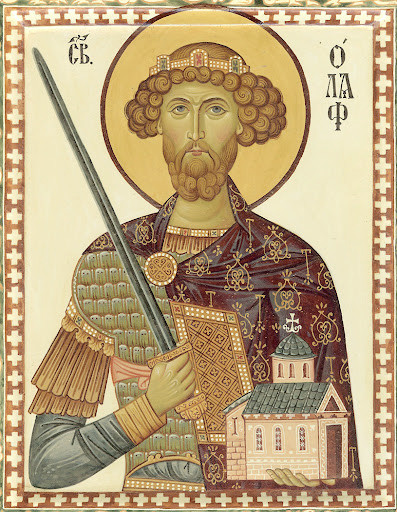
St. Olaf of Norway (☩1030) When we read a text that is distant from us, whether in time, space, cultural or social context, how do we overcome that distance? As writers, whether our aim is to create a text that pleases or persuades, how do we work towards closing the distance between ourselves and our readers? These are the general questions that we will wrestle with this semester. We will approach them head-on through readings from a world that will be so distant for many of us that we might not know anything about it at all — medieval Eastern Europe. In so doing, we will find out how filthy vikings really were, how much bread a squirrel skin could buy in the tenth century, and finally what was an aurochs? In the end, we will gain a better understanding of how to approach texts produced by cultures and peoples that are profoundly distant from us and become better readers and writers in the process.
Offered Spring 2026.
-
The Cultures of Medieval Rus’
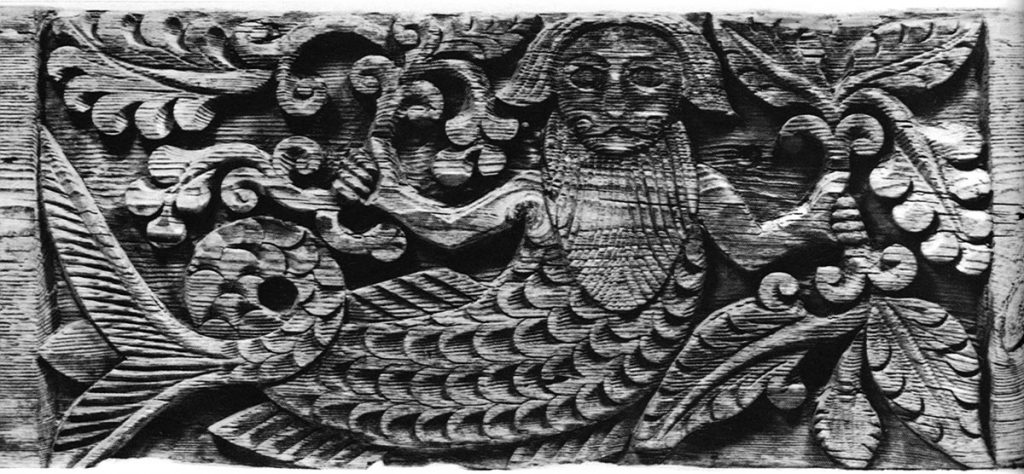
Water spirit. Front board detail. Peasant house, 1863. More than a millennium ago, the princes of Medieval Rus’, the lands of the East Slavs, accepted the Orthodox Christian faith. In so doing, they brought their lands (today parts of the Baltic States, Belarus, Poland, Russia, and Ukraine) into the Orthodox Christian world. Their pagan belief system, with its emphasis on the cycles and movements of the natural world, gave way to a form of Christianity rooted in powerful sacred images, ritual, and text. In this course, we will examine the evolution of the cultures of medieval Rus’ from the Viking Age, through the reign of Ivan IV “The Terrible,” and the Time of Troubles, and finally to the rise of the Romanovs and the founding of the Russian Empire in 1721. We will examine changing conceptions of time and discourses of light and darkness in works of folklore, literature, and history, as well as architecture, sacred art, and ritual, to understand the evolving forms of life and worldview in medieval Rus’. A field trip to the Museum of Russian Art (Minneapolis, Minnesota) is planned.
Coming Fall 2025.
